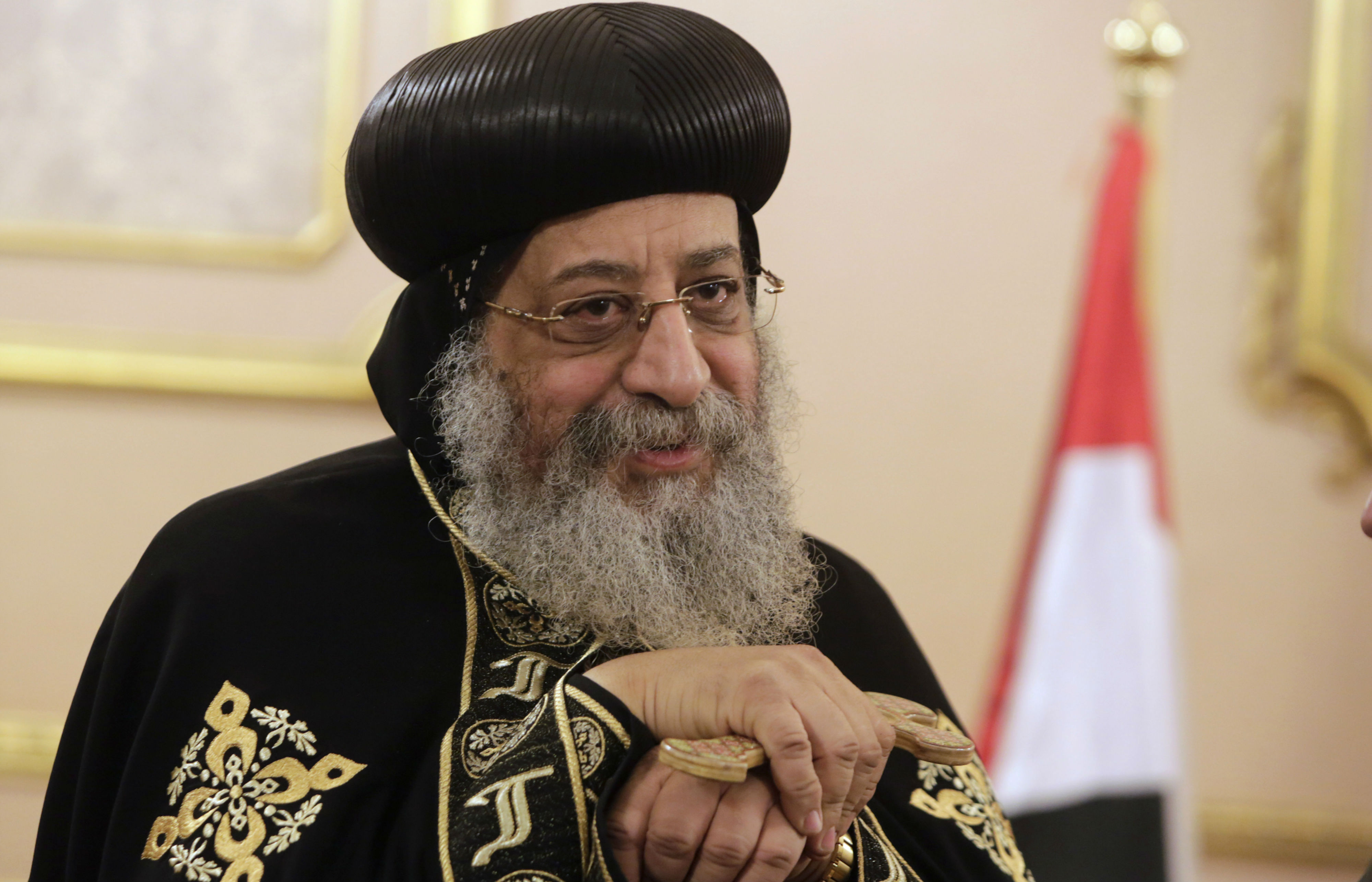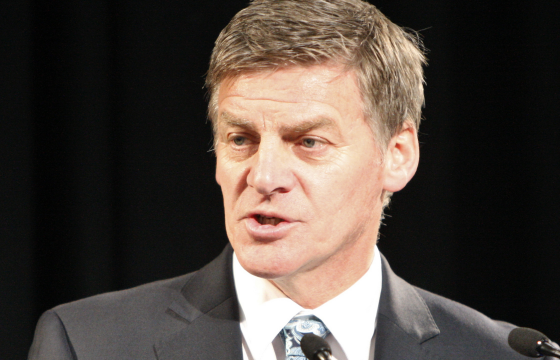New Zealand's 39th Prime Minister, Bill English, came to office on 12 December, declaring himself "an active Catholic" but emphasising also that he was not defined as a person or a politician by his religious beliefs.
English, who will celebrate his 55th birthday on 30 December, was the only candidate when the ruling National Party - NZ's equivalent of Britain's Conservatives - chose a successor to John Key, who shocked the country last week by announcing his resignation when apparently at the height of his powers. Key, a successful investment banker before returning to NZ and entering politics, had been Prime Minister since leading National back to power in 2008.
The new leader said after he was sworn in by Governor-General Dame Patsy Reddy that many of his views were still in line with his religious beliefs but he had changed his mind on gay marriage, which he opposed in a 2013 vote, saying it had not undermined the institution of marriage and he had seen the positive impact on society of allowing gay couples to marry.
But he remains opposed to abortion and euthanasia, although he said he would allow MPs a conscience vote if the latter came before the New Zealand Parliament while he would personally vote against it. Radio NZ's Political Editor Jane Patterson wrote that English is a social conservative compared with the much more liberal Key.
"No doubt mindful of the fact New Zealanders are wary of mixing politics and religion, Mr English says he will not use his position as Prime Minister to agitate for social changes in line with those views," she wrote.
Brent Edwards, Radio NZ's Director of News Gathering, wrote on 8 December: "His family and his Catholicism drive much of his approach to politics. While described by many as an economic conservative, and by at least some of his opponents as uncaring, English is deeply interested in the impact of the government's policies on people's lives.
"He does not have Key's easy manner. But nor is he as dour as some suggest. New Zealanders though will see a different style of prime ministership and they might not like it as much as they have the past eight years.
"English faces a huge challenge. Three previous National governments have changed prime ministers. On each occasion National lost the next election. Of the three prime ministers, only (Sir) Keith Holyoake (Prime Minister for less than three months in 1957 and again from 1960-72) survived to win back the prime ministership at the next election."
Like Key, he is a supporter of the constitutional monarchy, although Key had favoured replacing NZ's flag, which features the Union Jack.
English, one of 12 children, grew up on a farm on South Island but attended St Patrick's College, a Catholic boys' boarding school, in the capital Wellington, at the southern end of North Island. He studied commerce at Otago University and English Literature at Victoria University, working as a Treasury analyst and on the family farm before entering Parliament in 1990.
His wife Mary is a general practitioner. The couple have six children.
English, who served as deputy to Key, has been Finance Minister since 2008, a period of rapid economic growth but one that also had includes the global financial crisis and earthquakes that have devastated NZ's second most populous city, Christchurch. His parliamentary biography says he also has been active in dealing with NZ's social problems, including inequality, welfare dependence and the educational challenges of Maori and Pacific Islander children.
He was appointed Health Minister in 1996 and when the National Party lost office, succeeded defeated Prime Minister Jenny Shipley as party leader in 2001. The following year, he led his party to its worst election result to Labour Prime Minister Helen Clark's first-term government and, in 2003, lost the leadership to former Reserve Bank governor Don Brash.
Professor Raymond Miller, a political scientist from Auckland University, told the UK newspaper The Guardian that English's greatest strength would be to provide the Government with continuity and his ability to keep the markets stable. His great weakness was "his seeming inability to excite the public”.
“Nobody knows too much of English’s background and personal life despite his many years in politics, as he has largely had his head down all these years as finance minister. But we do know he is a social conservative from a rural background who is a devoted and practising Roman Catholic.”
In an interview with a Christian newspaper Weekly Challenge in 2008, English said if churches were too accommodating to the social mores of the day "they lose respect instead of gaining it". He said churches being critical of government was part of their prophetic role.
"What I do worry about is when churches get into the political game and take cheap shots. Politics is often about making trade-offs, and often churches and church leaders don’t recognise that. The other thing that’s important for churches to do is not be partisan," English said in the interview. "I respect those who continue to bring attention to issues regardless of who’s in power. It’s always a tension of church leadership how to contribute to the political process but not get so close to it that it neutralises them."
Asked about the importance of personal faith to him, English said: "It’s an important part, and it offers the challenge every day of asking myself: Does my faith mean I have behaved any differently than people who don’t believe? Sometimes the answer to that is yes, and sometimes it’s no. I’m sure at times it makes a difference in ways that I don’t recognise or understand, but I would hope so.
"... In American politics, you have to talk about God; in Australian politics you can and get away with it; in New Zealand you never would.
"But there’s a growing interest in religion in the public space. I don’t think it’s because people are getting more religious, it’s because they are starting to see it as a resource that might help them to understand the wider world, where religion is clearly a potent force, and maybe help them solve some of the problems of their domestic world, where fundamental social disorder worries them. "
Two years earlier, in an interview with The New Zealand Herald, he insisted that his religious beliefs were "not relevant" to the public but said: "I personally think that trust and values and character have spiritual roots. Most people instinctively understand there is a common goodness bigger than them.
"I go to Mass every week. I don't understand all the theology and any religious faith is a continuous wrestle with doubt.
"But at Mass I hear stories and see rituals which are thousands of years old and I hear words I don't hear every day, like mercy, forgiveness and sin and these stories and rituals and words are an anchor in my life."




 Loading ...
Loading ...